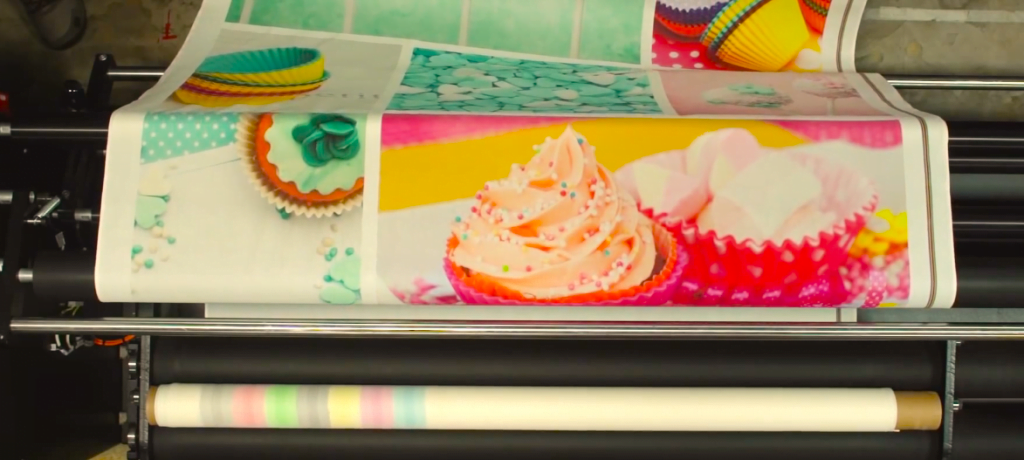Technology has upended the whole printing industry, including the sector that specializes in printing on garments, and an Israeli company at the forefront of the new environment-friendly processes is spreading the word among newcomers to the industry.
Rosh Ha’ayin-based Kornit Digital Printing, a world leader in modern direct-to-garment printing, sponsored an event with New York’s Fashion Institute of Technology, where it presented four awards to FIT students who created original textile designs related to the theme of sustainability, using sustainable pigment inks made by Kornit.
Looking for privacy on a packed flight? Israeli-designed b-Tourist has an interesting solution
Like photocopying, once the job of clunky, messy mimeograph machines, garment printing has undergone a revolution in recent years. Before, designs or texts on T-shirts and sweatshirts were created using a screen printing process. Now, more and more garment manufacturers are going for DTG – direct to garment – printing systems. Kornit, established in 2003, was the first company to apply the principles and methods of digital inkjet printing to garment production, and today it’s the biggest seller of DTG printing systems.
DTG has significant advantages over screen printing, say industry experts. DTG allows the use of multiple colors in a printing run, while screen printing – done by pushing ink through a woven mesh stencil onto fabric – allows for only one color per run. Screen designs are generally simple as well, because the geometrics of the mesh stencils don’t allow for advanced designs, unlike DTG. On the other hand, screen printing is generally cheaper than DTG.
These hats look good enough to eat!
That, too, is changing. Prices of DTG systems have come down steadily over the past decade. Commercial machines are now available for well under $10,000. For new companies that don’t already have screen printing systems, it’s now cheaper to set up shop using a DTG system than a screen printing apparatus, which is more expensive than a printer.
This article was first published on The Times of Israel and was re-posted with permission. To continue reading this article on the TOI site, click here.
Photo: Kornit Digital Printing
Related posts

Resilient And Nutritious New Plant-Based Milk Aims To Make A Splash

Chocolate From Cultivated Cocoa Comes Without Environmental Toll

Plastic Fantastic: Startup Takes PVC Back To Its Crude Oil Roots




Facebook comments